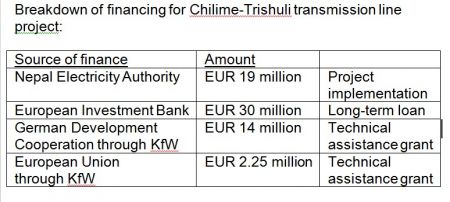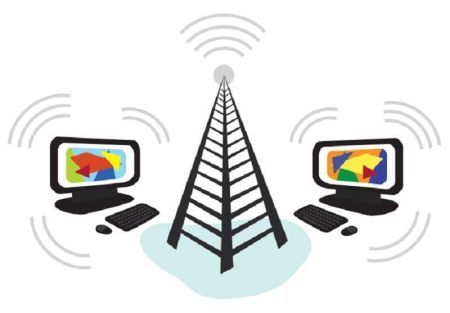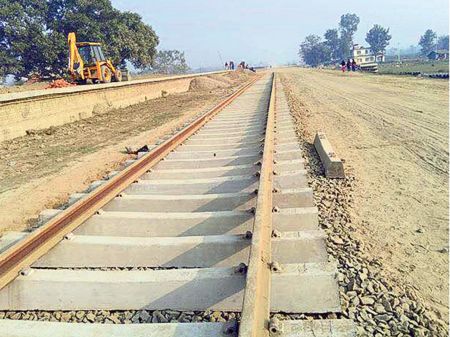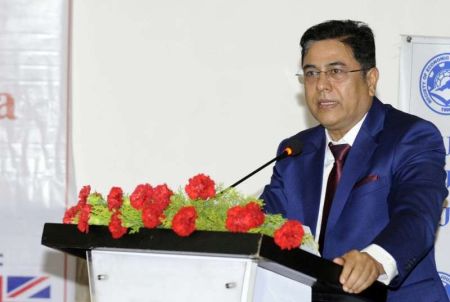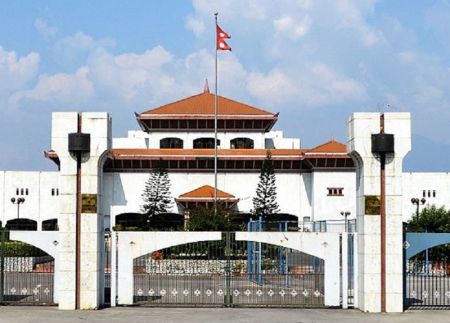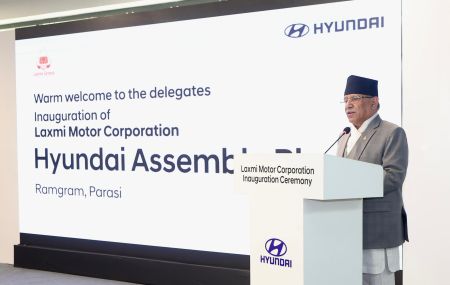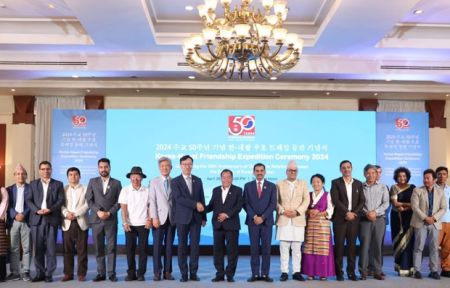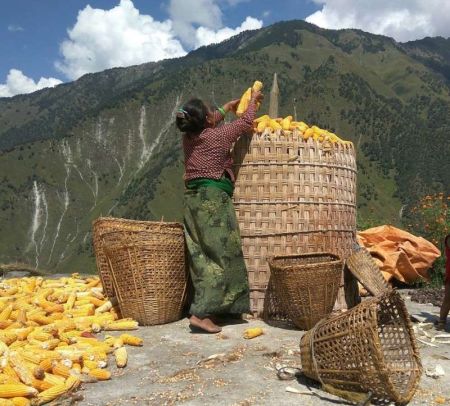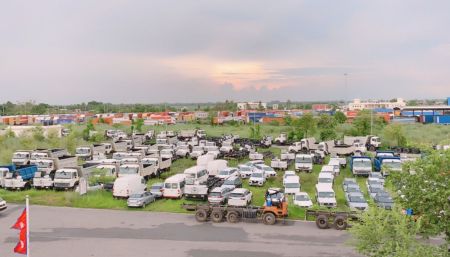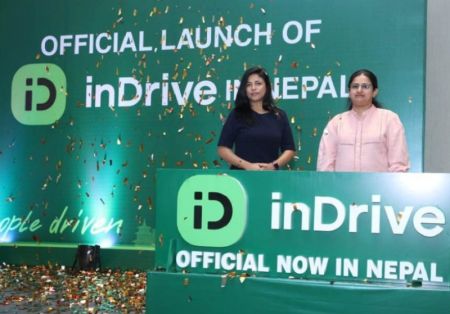Good Neighbours International is a South Korea based international humanitarian and development organisation. Devi Ram Bhat, the Operation Manager of Good Neighbours International Nepal spoke to Sweta Sharma of The Corporate weekly, sharing the organisation’s plans, projects and success thus far. Excerpts:
 What is the biggest achievement of your organisation so far in Nepal?
What is the biggest achievement of your organisation so far in Nepal? Good Neighbours has been working in Nepal for 11 years and has been successful in providing education to 23,000 children in this period. This is what we measure as our best achievement till date. Also, several families have been successful in generating income on their own with the help of the training we provide. Fourteen hundred children have been included in piloting for health insurance. We have also spent more than 50 percent of our funds in providing education.
What are the main community development projects supported by Good Neighbours International in Nepal?
In 2009, we started Community Development Projects (CDP) with the motive to support child education, public health and income generation for a number of communities. We now have 18 projects in 11 districts. The projects include support for education, child protection programs, health care services and vocational training classes to help residents increase their income.
Apart from projects that are being operated, what new projects are in line for Nepal?
We have already completed our feasibility study in Gorkha and Kaski districts to start our projects. Apart from this, we have no new projects in line. If we are to start any, it will only be after 2015 because we cannot start new projects without the permission of the Social Welfare Association of Nepal (SWAN).
What operational challenges are you facing to run projects in Nepal?
There have been challenges but we considered them as opportunities. The main one was to overcome geographical hurdles as it was the main hindrance for the implementation of our projects. We are also facing high dependency of communities over our organisation. They might mistake our support as being lifelong, which can increase their dependency. But we are providing communities with vocational training to reduce their dependency. Similarly, schools that we support for children’s education are holding high expectations from us. Political instability too cannot be missed in the list of challenges.
What is the main source of your funding? What is your annual total investment in Nepal?
Our main donor is South Korea where we have our headquarter. Japan and USA are also supporting our organisation to some extent. We get support through sponsorship programs and not directly from any company. We have negotiated with the Nepali government for an annual investment of Rs 29.62 million. In 2012, our total annual investment was Rs 23.41 million.
How beneficial have cookstoves projects been for Nepal?
We have not initiated cookstoves projects in Nepal as yet. Some volunteers from our organisation have done some research about cookstoves. This project is carried out in Cambodia. We don’t have any plans to start such projects in Nepal right now.
How do you ensure that the service you provide to a community is actually useful to them?
As I already mentioned, we have 18 projects which have their own offices in different districts. Every project has 10-35 staff persons and we provide services through those offices. So we are quite sure of our service being served to the community.
What is the response from the government so far? Is the government helpful in Good Neighbours’ initiatives?
Every governmental and non-governmental organisation is supposed to work under the government’s territory. So in this regard, we are thankful to the government for letting our organisation provide service to communities in Nepal. We have a very good negotiation with the government regarding our projects and services to communities here. Overall, we are positive towards the government and vice versa.
How do you ensure that benefits from the projects you implement continue even after the project comes to an end?
We are planning to establish one CDP and one Cooperative in every district we cover. This has already been implemented for some projects. We developed this plan with the motive to provide support to communities through cooperatives even after the project ends.


